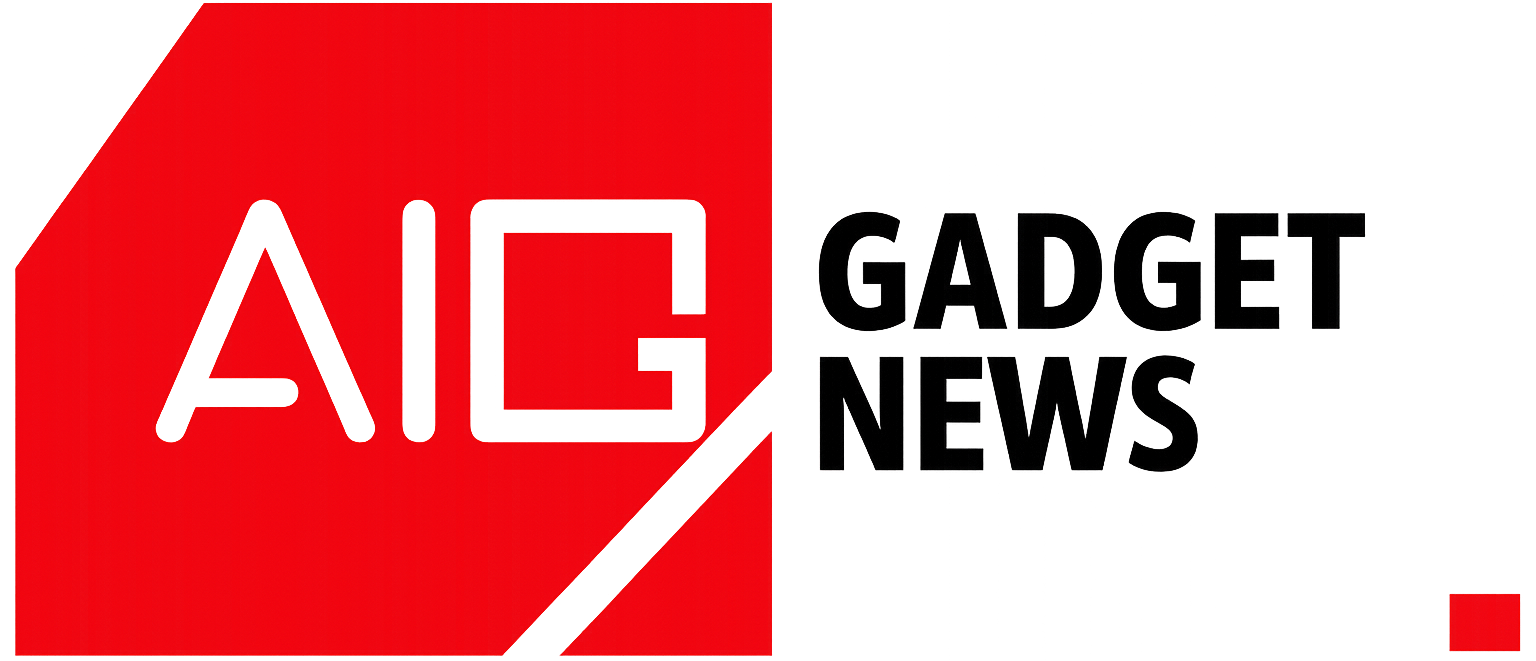AI Copyright Anxiety Will Hold Back Creativity: Understanding the Impact and Finding Solutions
In the rapidly evolving world of artificial intelligence (AI), creativity is under a new kind of threat-one fueled not by lack of ideas, but by fear and uncertainty surrounding AI-generated content and copyright laws. This growing AI copyright anxiety threatens to stifle innovation and leave creators hesitant to explore new frontiers. This article dives into why this anxiety exists, how it impacts creativity, and what practical steps artists, writers, and creators can take to overcome these challenges.
What Is AI Copyright Anxiety?
AI copyright anxiety refers to the apprehension and confusion that creators feel about the legal ownership and ethical use of content generated or assisted by AI tools. With AI models now capable of producing art, music, written content, and more, questions arise around:
- Who owns the rights to AI-generated works?
- Can AI content infringe on existing copyrights?
- What are the consequences of using AI-generated content in commercial projects?
This uncertainty often leads to a creative freeze, where individuals and companies avoid incorporating AI into their workflows altogether.
How AI Copyright Anxiety Holds Back Creativity
At a glance, AI promises to expand creative possibilities dramatically by automating repetitive tasks and providing innovative ideas. However, the legal ambiguity surrounding AI-generated content creates several roadblocks:
1. Fear of Legal Repercussions
Many creators worry about unintentionally infringing on copyrights when they use AI tools that are trained on existing copyrighted material. This fear can prevent artists from experimenting with AI, to avoid lawsuits or takedown notices.
2. Reduced Sharing and Collaboration
Anxiety around AI copyrights causes creators to withhold AI-generated works from the community, restricting collaborative innovation and feedback loops necessary for growth.
3. Creating Less Original Content
Creators may steer away from bold, unique approaches using AI, sticking to safer, more traditional methods out of fear that AI-assisted works won’t qualify for protection under copyright laws.
Current Challenges in AI Copyright Laws
Copyright law was designed at a time when human authorship was clear. AI technologies complicate this framework:
| Challenge | Description | Impact on Creators |
|---|---|---|
| Undefined Ownership | No clear legal precedent on who owns AI-generated content – the user, developer, or AI itself? | Creates uncertainty, causing creators to hesitate in using AI tools. |
| Fair Use Ambiguity | AI training datasets often include copyrighted materials with unclear fair use status. | Raises concerns over liability and ethical use, discouraging AI adoption. |
| Automatic Content Filtering | Platforms use AI to detect copyright violations, sometimes over-censoring or blocking legitimate AI-created content. | Limits visibility and distribution, reducing motivation for creative experimentation. |
Benefits of AI in Creativity Despite Copyright Concerns
Despite these challenges, AI continues to offer substantial benefits that can enable unprecedented levels of creative expression:
- Creative augmentation: AI tools help brainstorm ideas, generate drafts, and speed up repetitive tasks.
- Lower barriers to entry: New creators can produce high-quality content even without formal training.
- Cross-disciplinary innovation: AI can blend genres and media in ways that were previously unimaginable.
Practical Tips to Overcome AI Copyright Anxiety
Here are actionable strategies for creators to mitigate copyright anxiety and confidently integrate AI into their work:
- Stay informed: Keep updated on evolving copyright laws relating to AI-generated content.
- Maintain transparency: Clearly disclose AI assistance in your creative process to avoid disputes.
- Use royalty-free datasets & models: Prefer AI tools trained on public domain or licensed data.
- Combine human creativity with AI: Use AI as a tool, but ensure the final work includes original human input.
- Consult legal experts: If unsure, seek advice on copyright risks before publishing or commercializing AI-assisted works.
Case Study: Artists Navigating AI Copyright Anxiety
Consider the experience of digital artist Samantha Lee, who initially hesitated to incorporate AI-generated imagery into her portfolio due to copyright concerns. After thorough research and consultation, she adopted a workflow combining AI tools for concept generation and manual refinement to ensure originality. Today, Samantha credits AI for elevating her artistic style while maintaining full confidence in her copyright ownership.
Conclusion: Moving Forward Beyond AI Copyright Anxiety
AI copyright anxiety is a real, understandable barrier that risks slowing creativity just as we are on the brink of an exciting creative revolution. While legal frameworks catch up, creators who proactively educate themselves and adopt responsible AI use can unlock new artistic possibilities without fear. The key is balance-embracing AI as a partner, not a legal minefield.
By reducing anxiety surrounding AI copyright, the creative community can foster innovation, collaboration, and new forms of expression that benefit everyone.


